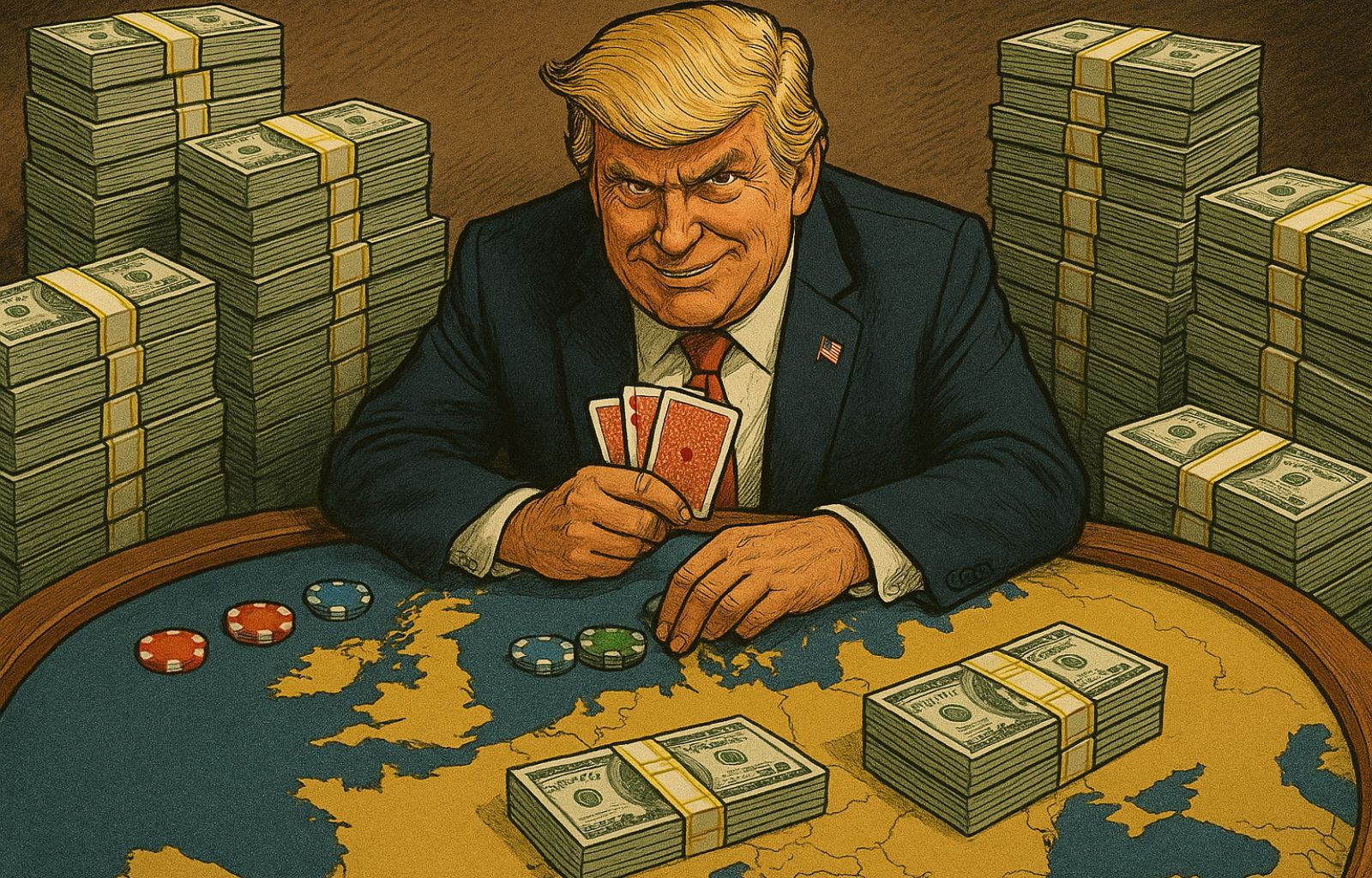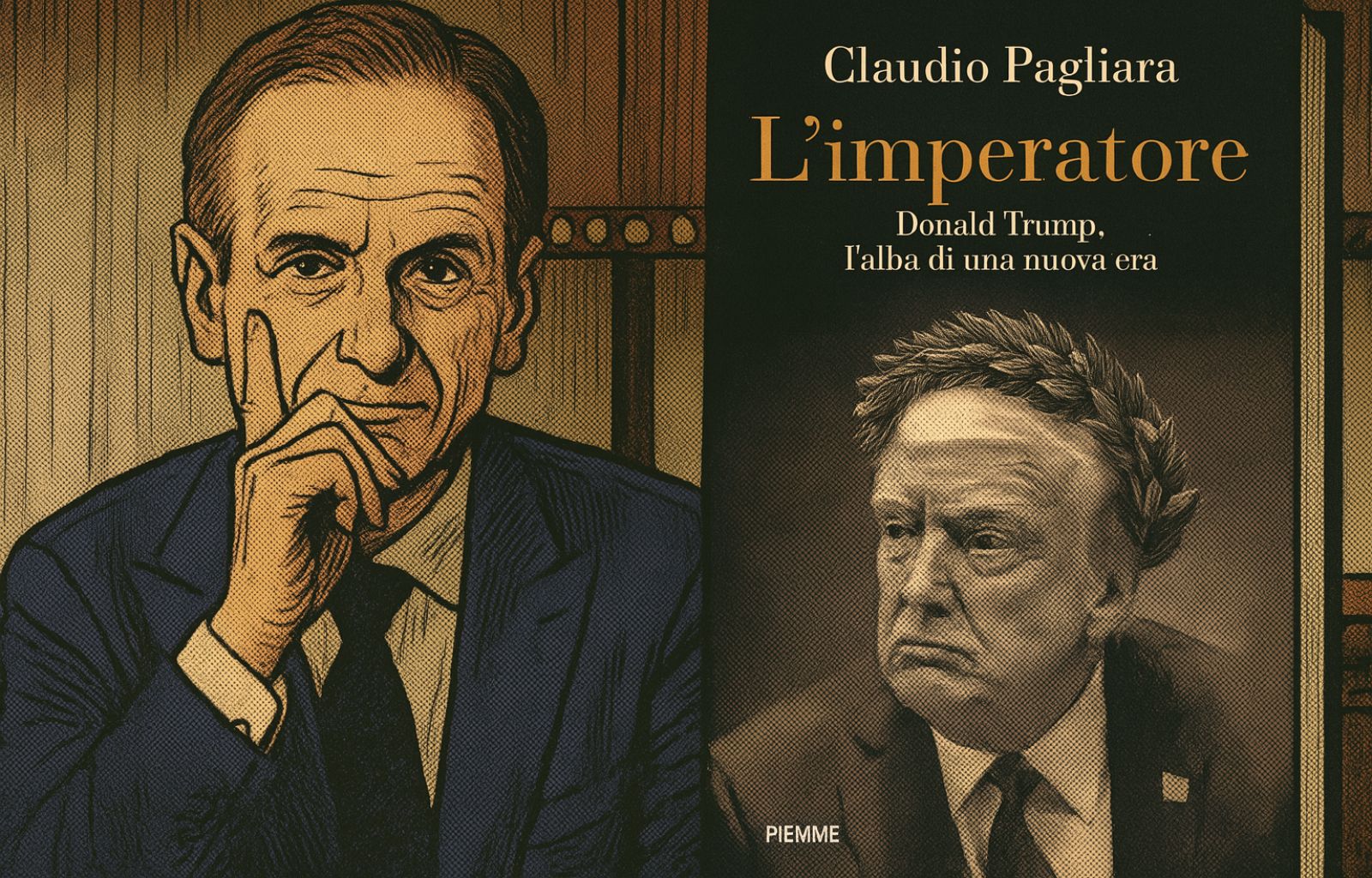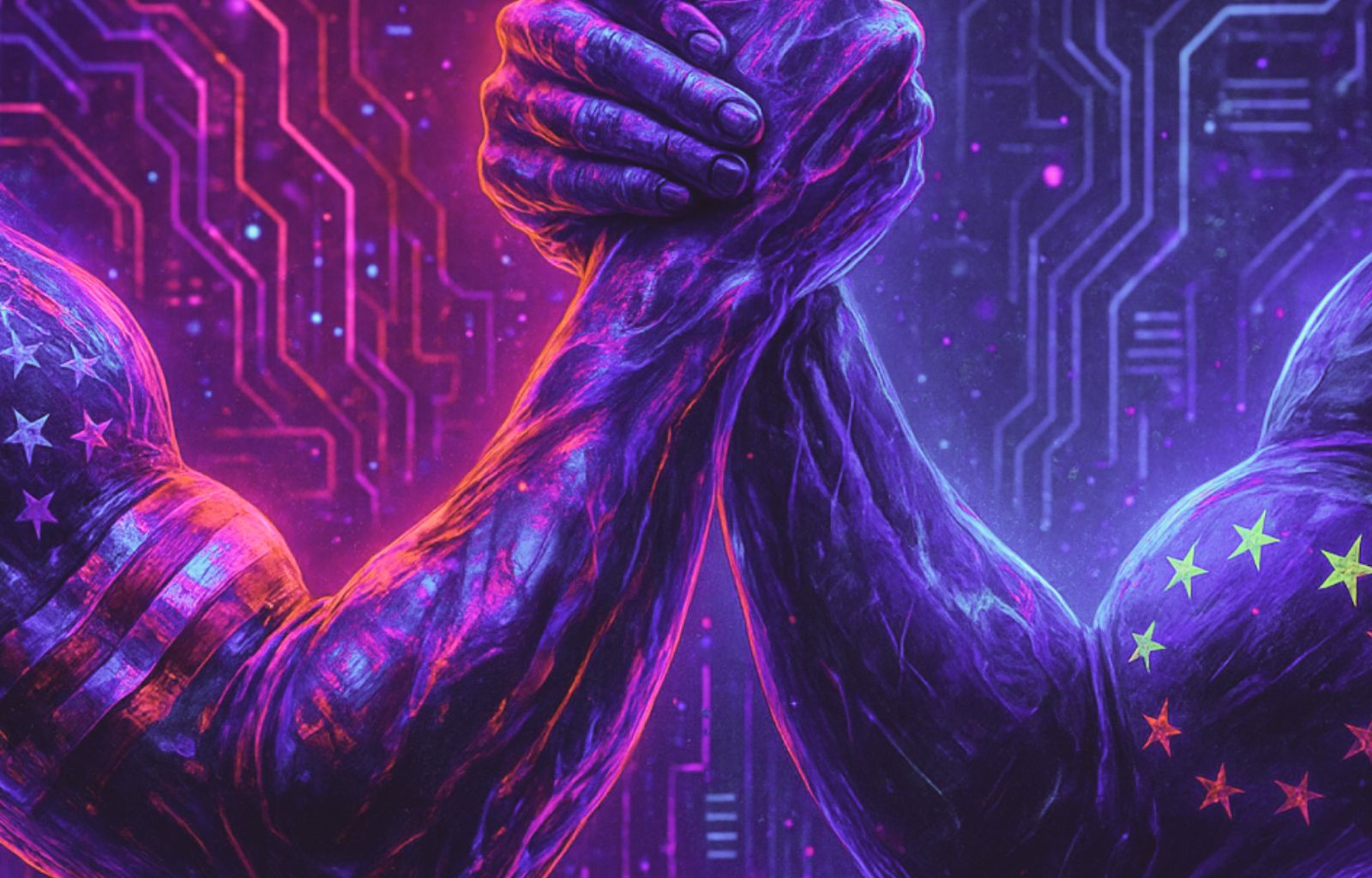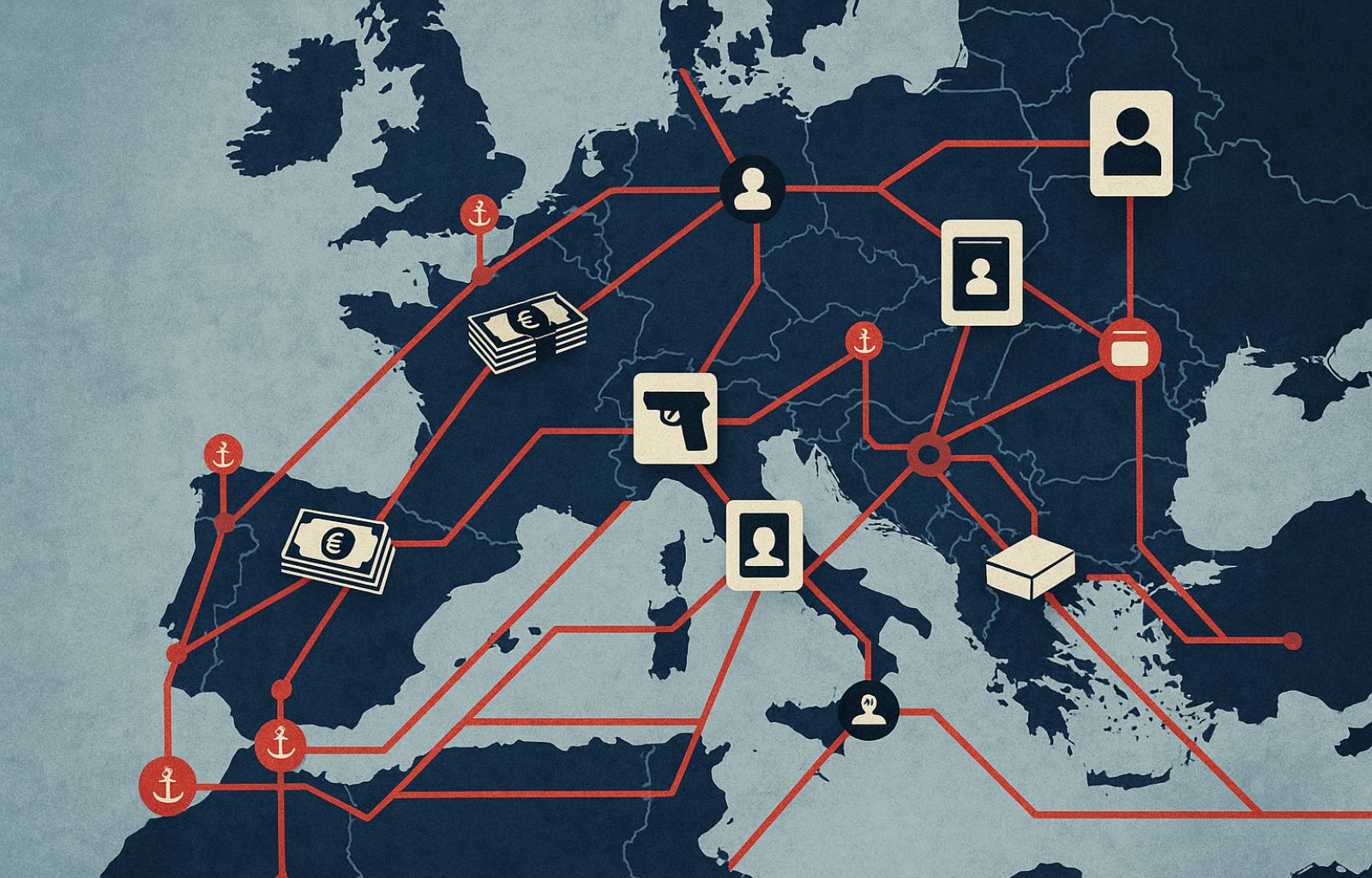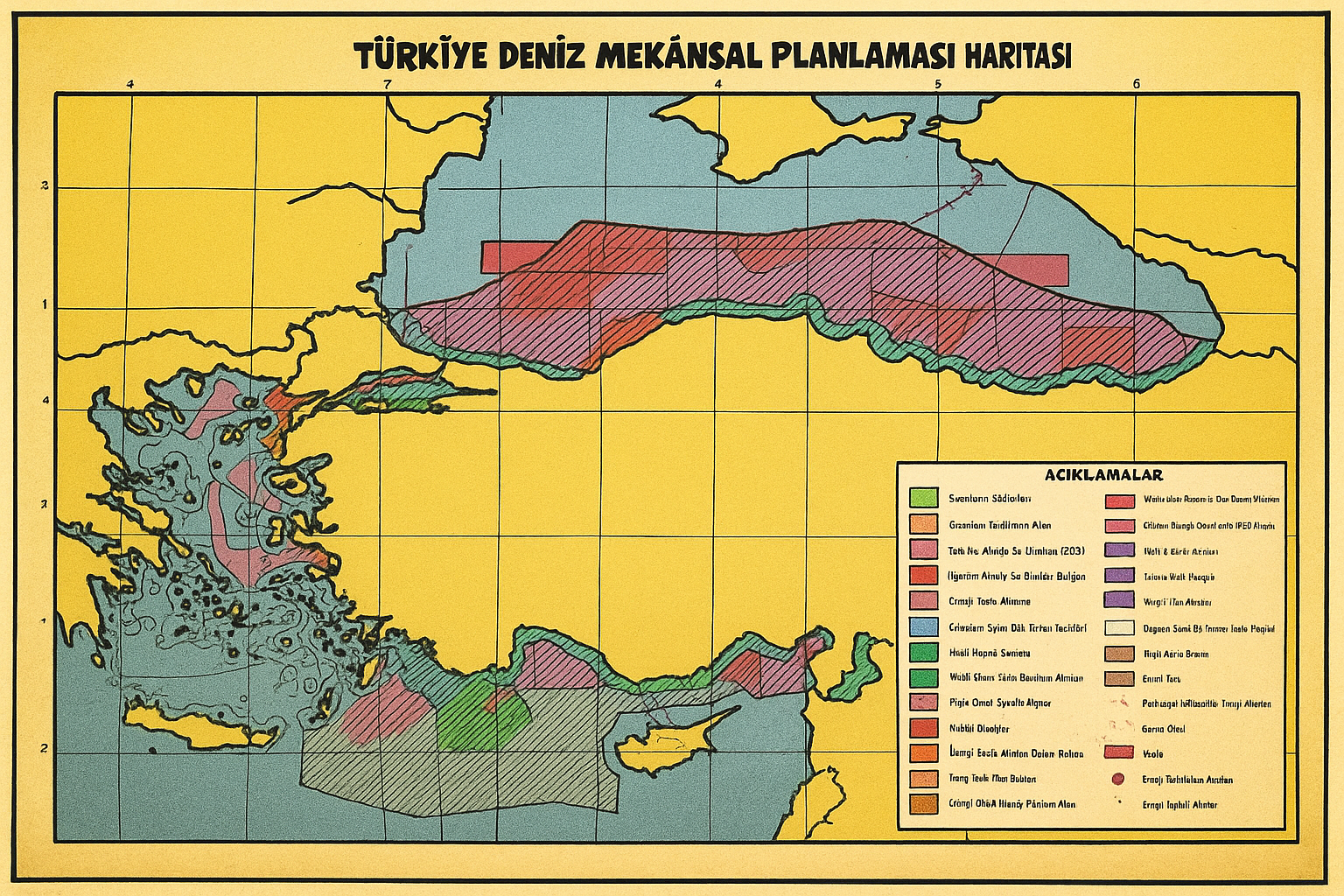French AI is starting to get scary. Apple’s offer
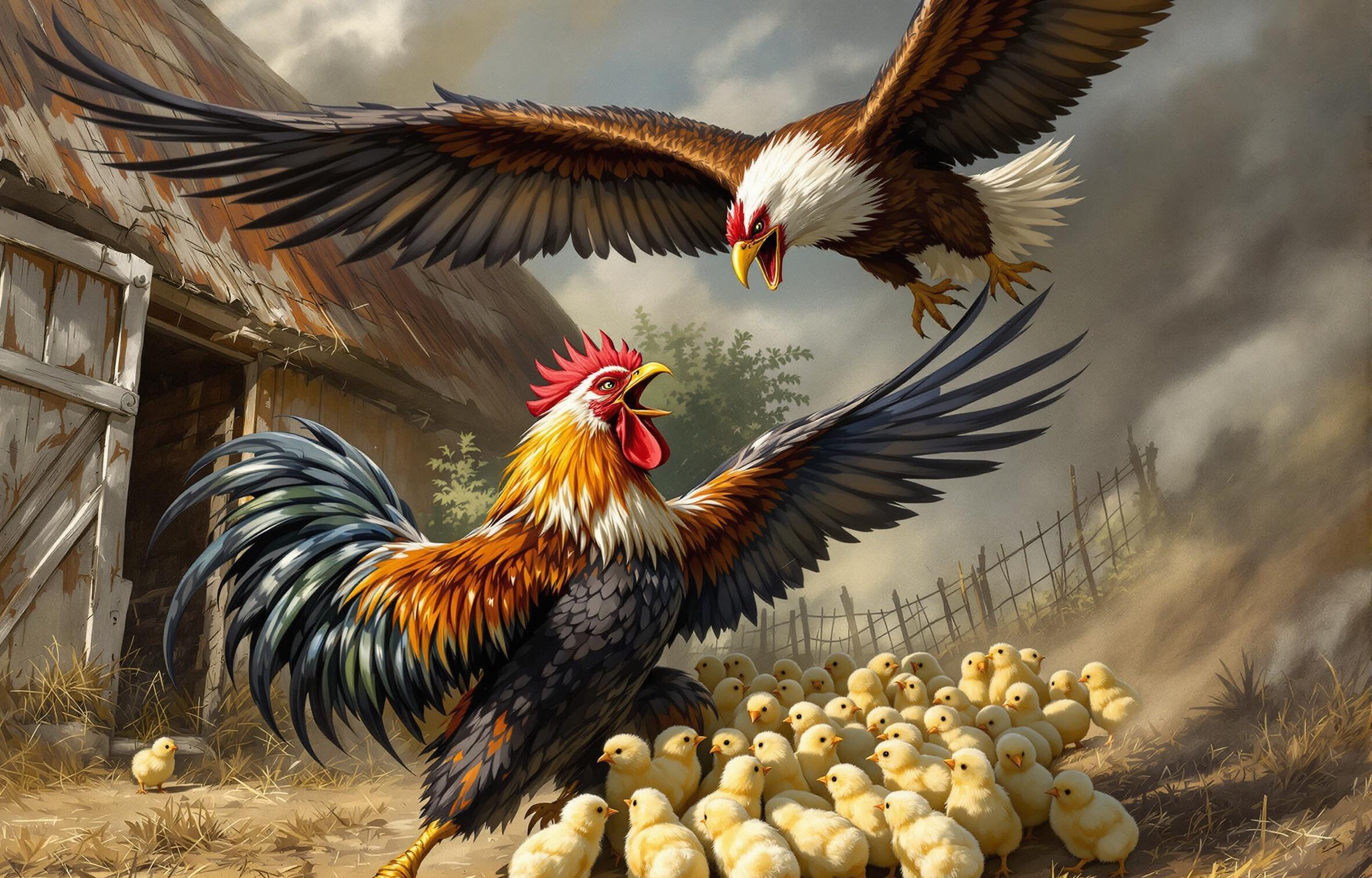
An old adage goes: ‘Europe invents it, China manufactures it, America profits from it’. And unfortunately, even in the pioneering field of artificial intelligence, it continues to find confirmations.
Recently, the French start-up Mistral AI has achieved extraordinary results, attracting worldwide attention.
Among its most recent innovations are Voxtral, an open-source audio model capable of transcribing and understanding up to 40 minutes of speech content in several languages includingHindi, and Magistral, a family of reasoning models that improve the reliability of answers.
In addition, Mistral has developed an advanced optical recognition system and a chatbot called ‘Le Chat’, which can respond at an impressive speed of up to 1000 words per second.
The implications are not insignificant. Connecting the dots, Mistral could paradoxically be the best positioned company to create the famous artificial intelligence ‘agents’ to assist us in our work, understanding and analysing what we say and write as human employees would.
What makes Mistral’s success even more remarkable is its open-source approach and low costs. In fact, Mistral has challenged the business model of large US corporations, demonstrating that it is possible to develop advanced technologies in a transparent and affordable manner.
Of course, this is not an isolated case: some time ago, China’s DeepSeek also stood out for its open-source approach. However, this being China, opaque state funding or theft of intellectual property could not be ruled out.
Mistral, on the other hand, did everything on daylight, raising funds transparently and collaborating with the global community of developers.
While Mistral continues to grow and innovate, Apple is finding it difficult to produce efficient artificial intelligence.
Siri, Apple’s voice assistant, has been criticised for its outdated performance, and its long-awaited update has been postponed until 2026.
It is in this context that Apple is considering the acquisition of Mistral, currently valued at EUR 5.8 billion. The aim is clear: to buy Mistral while it is still relatively small, before it becomes a system rival.
There is no shortage of ‘native American’ alternatives: also Perplexity, developed by OpenAI, could be a good morsel for the company that was once Steve Jobs’. But it is not certain that OpenAI wants to divest itself of it.
The divestiture of Mistral, on the other hand, would depend on whom?
The French government has several options to prevent the nation’s only jewel in the field of AI from being ceded to the US, expelling the République (and with it the entire ‘old’ continent) from the 21st century gold rush.
Indeed, France, like many other countries, has mechanisms in place to control foreign investment in strategic sectors, which includes artificial intelligence.
The French Minister of the Economy has the power to block a foreign acquisition if he believes it could jeopardise public order, public safety or national interests. In addition, foreign investors must notify their acquisition plans in the AI sector to the Ministry of the Economy, which can impose conditions or block the acquisition if necessary.
In conclusion, Mistral AI is representing a beacon of innovation and transparency in the field of artificial intelligence. Its growth and success could be threatened by a foreign takeover, but the French government has the tools to protect this pesky little national champion. Assuming it sees fit to use them.
What will startup managers choose, between profit and independence?
And how much will politics decide to meddle to divert its path to one side or the other?
This article was written by Mistral’s chatbot. It may, therefore, be biased.

